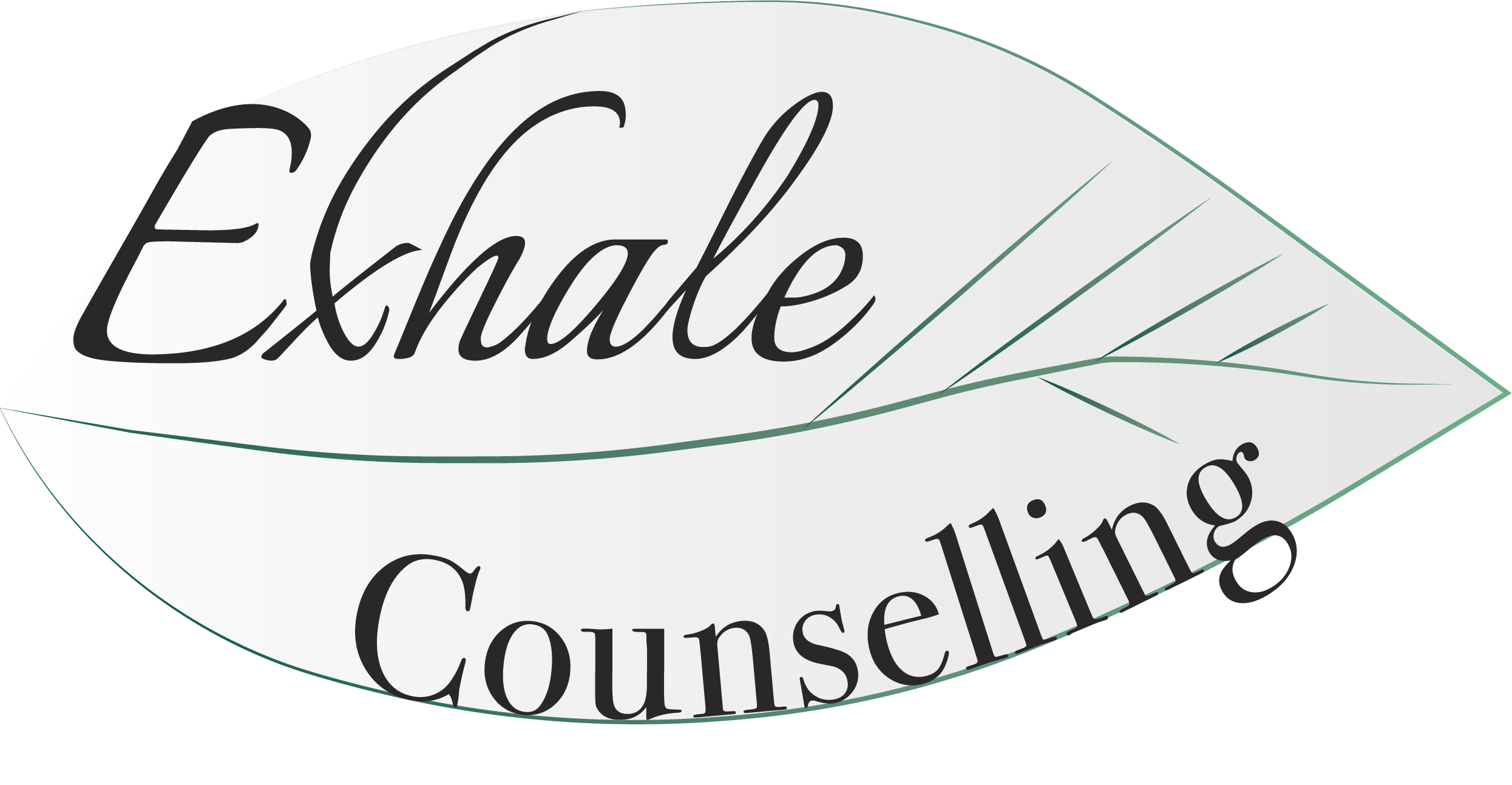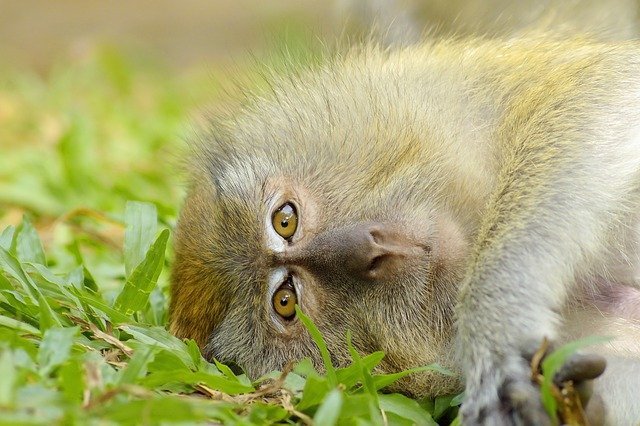Lessons learnt from the COVID situation
In the next blogs, I will share some of the lessons I learnt in the last 9 months through observations, reading, writing, talking, studying, researching, meditation and contemplation. As always, your comments and feedback are welcome and very helpful.
Lesson No. 1 – Life is uncertain and impermanent and suffering is part of it.
In humans, impermanence and uncertainty create suffering as we often do not accept it nor make it part of our daily life. The suffering takes many forms – showing as fear, anger, blame and judgment, as anxiety and depression and more.
The Buddha sees this human condition as driven by greed, ignorance, lust and aggression. All these impulses have a bearing on the current situation in our inner and outer world, and COVID is one of its symptoms.
The causes for human suffering according to the Buddha can be alleviated through practices that allow us to live in inner freedom. About these, in the blogs to come.
If we allow our suffering to decide for us, we will be continually circling survivorship; as Sadhguru says, the rest of the animal kingdom does that better than us, so what makes us uniquely human beings rather than creatures? Is this the best we can do?
We have a unique ability to be aware and conscious, present with mindfulness. What does this really mean?
Here is an example – if I see the current situation as very dangerous and “horrible” (judgment), I may try and escape it. We all know many ways to escape our suffering through immersing oneself in virtual reality, using substances or other material means to numb the pain. “Lethargy essentially comes from overconsumption of either food or thought” - Sadhguru. Quite a refreshing view of depression and capitulation to survivorship. For some (possibly evolutionary) reason, it is also easier to attach to and be identified with our suffering and its responses than to experience inner peace.
This means we need other ways to be in relationship with ourselves, including our suffering. Can we make a commitment to that? This comes with choices, effort, energy and action.
Let’s start by contemplating on the difference between ESCAPE and SANCTUARY. Close your eyes for a moment and feel the difference in your heart and gut. They feel quite different, don’t they? How? How will you create your sanctuary rather than your escape?
There are many ways and they are all about going inside. What will you find there? If you find fear, anger, blame and judgment, anxiety and depression, how will you relate to them? Banish them and send them underground or act on them causing even more suffering to yourself and others? Or rather develop some distance from them through compassionate and dispassionate acknowledging and allowing them to be as they are there anyway? Furthermore, notice them as they develop, change (get bigger or smaller, denser or paler) and possibly lose their sting and power.
What happens as we experience this? Maybe more space – the possibility of more stillness and calm, the possibility of antidotes to reactivity, the hopefulness and acceptance of being with what is. Richard Bach in his book Illusions writes – “We use or lose the ability to be mindful, just like our memory and our muscles”.
One of the gifts of these times is the gift of time. Can we make use of this gift by slowing down as survivorship loves urgency and hyperness. We can pause the anxious thoughts by becoming aware of them and accepting them as they are, not going into the shape, content or the why of them. If this is too hard (in the next blogs, I will offer some possible practices that may be helpful in this regard), we can do some writing. It can as simple as writing down the thoughts, e.g. making fear lists or pouring out whatever the mind is busy with in the moment. We can write a response to a question we ask ourselves such as “What will happen if I give in to my fear, anger, etc.? How do I feel about it? Are there other options? Is there a more beneficial one for me?”. We can write a letter to our fear or anger – and allow ourselves to be surprised by how we feel afterwards.
Here is a personal excerpt of a letter I wrote to my anger of a few years back –
“Anger, you are big right now; you come out in sudden and harsh ways, like rapid fire; I am having a hard time with you; I cannot ignore you, I cannot make you go away; I feel you in my stomach, in my jaw, in my eyes; you come as criticism, judgment, frustration, irritation, resentment and hatefulness; I have a suspicion you feed my mind and then I overthink and get ungrounded and keep overdoing things to get you out of my head, which does not; I am acknowledging your power over me in this moment; I am accepting you as you are; you are part of my grief; I am ready to let go of you: are you ready to let go of me? I ask of you to be kinder to me: can you be a bit softer? I may need you from time to time and I can call on you; thank you for listening to me, helping me in many ways; you are my fire - I need you as I need a candle, not a volcano; you are the candle in my gut where I can find my passion, intuition and inner knowledge. I will check in with you regularly and not neglect you”. Imagine writing your own letter and even better, have a go at it
Many years ago, I worked with a client who could not stop his anxious thoughts; I asked him to start relating them to me as they were coming. In a matter of a few minutes, after the fast and furious barrage of thoughts which lessened more and more, he said – “nothing more is coming”, being very surprised that this is even a possibility. The relief and gratitude soon followed.
Yes, gratitude is an antidote to fear and other forms of suffering. Is there anything I can be grateful for even in the midst of my suffering? Is it even possible to not be grateful for anything?
Or, what will happen if I breathe more consciously – meaning for example that every time I breathe in, I say to myself “I know I am breathing in” and every time I exhale, I say “I know I am breathing out” (Joseph Goldstein). Can you feel the space between the two breaths? As you do (and you will if you practice), this is where you will find consciousness and thoughtless awareness where suffering ceases to exist.
I hope you find this humble offering as a gate towards the creation of your inner sanctuary; we surely have the capacity as humans to rise above impermanence, uncertainty and suffering, for the benefit of all. This is also a challenge to you as it has never been so necessary and pressing.
With warm blessings for your health and well-being,
Lydia


